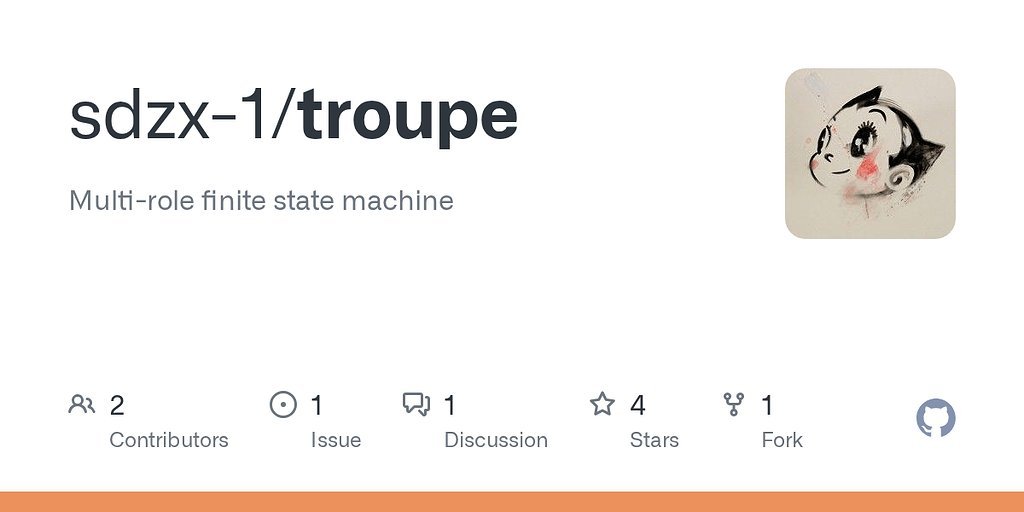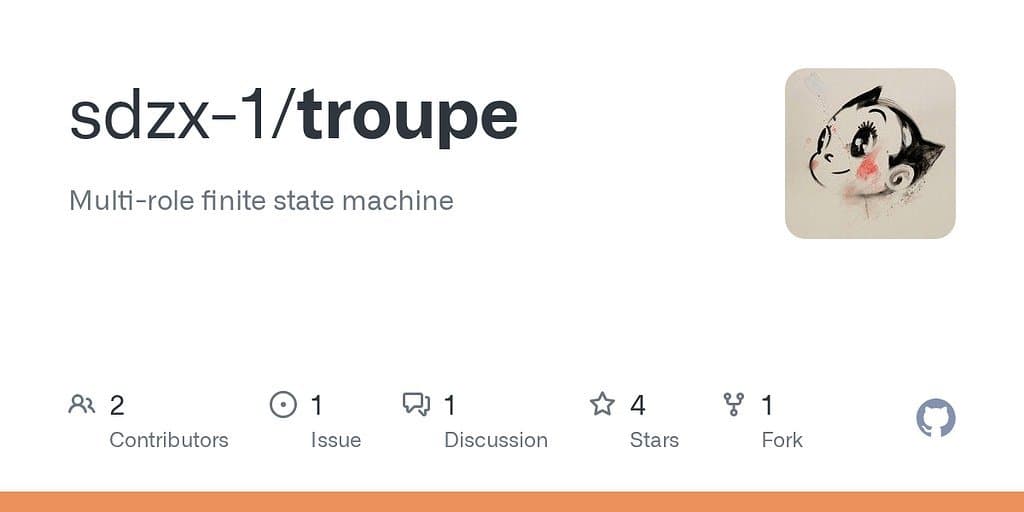A novel finite state machine framework transforms complex multithreaded and distributed programs into theatrical plays, where roles interact through declarative scripts. This approach simplifies orchestration while generating visual control flow diagrams.
In the intricate theater of modern software—spanning distributed systems, multi-threaded applications, and interactive games—coordinating multiple independent actors often resembles a chaotic performance without a script. Enter Troupe, a groundbreaking finite state machine (FSM) framework designed to bring order to this complexity by treating program behaviors as a multi-character play. Each role executes its designated actions in response to global messages, ensuring synchronized behavior across threads or nodes.
Originally conceived as "Polysession" for multi-role communication protocols, Troupe has evolved into a versatile orchestration tool. When handling a single role, it elegantly defaults to a traditional FSM (akin to "Polystate"), but its true power emerges when managing multiple interconnected roles. Developers can define the entire program's control flow through declarative composition, enabling the compiler to automatically generate comprehensive control flow diagrams—a visual script for debugging and optimization.

The framework's theatrical analogy is both intuitive and powerful: imagine a stage where each role (thread, service, or game entity) follows a script. When a specific message triggers the performance, every role executes its predefined actions in lockstep. This model excels beyond communication protocols, proving invaluable for game script engines where characters must react cohesively to events, or in multithreaded applications requiring precise inter-role synchronization.
What sets Troupe apart is its declarative composition. Instead of imperative spaghetti code, developers define roles and their transitions declaratively, allowing the compiler to handle orchestration logic. This not only reduces cognitive load but also enables static analysis and visualization of the entire system's behavior. The generated control flow diagrams (as shown above) provide unprecedented clarity into complex state interactions, a critical advantage for debugging distributed systems.
For developers wrestling with coordination bugs in concurrent systems, Troupe offers a paradigm shift: treat your program as a carefully choreographed play. By abstracting roles and their interactions into a unified state machine, it transforms complexity into manageable, observable behavior. As software systems grow increasingly interconnected, tools like Troupe may become essential for building reliable, maintainable architectures where every role knows its cue.

Comments
Please log in or register to join the discussion